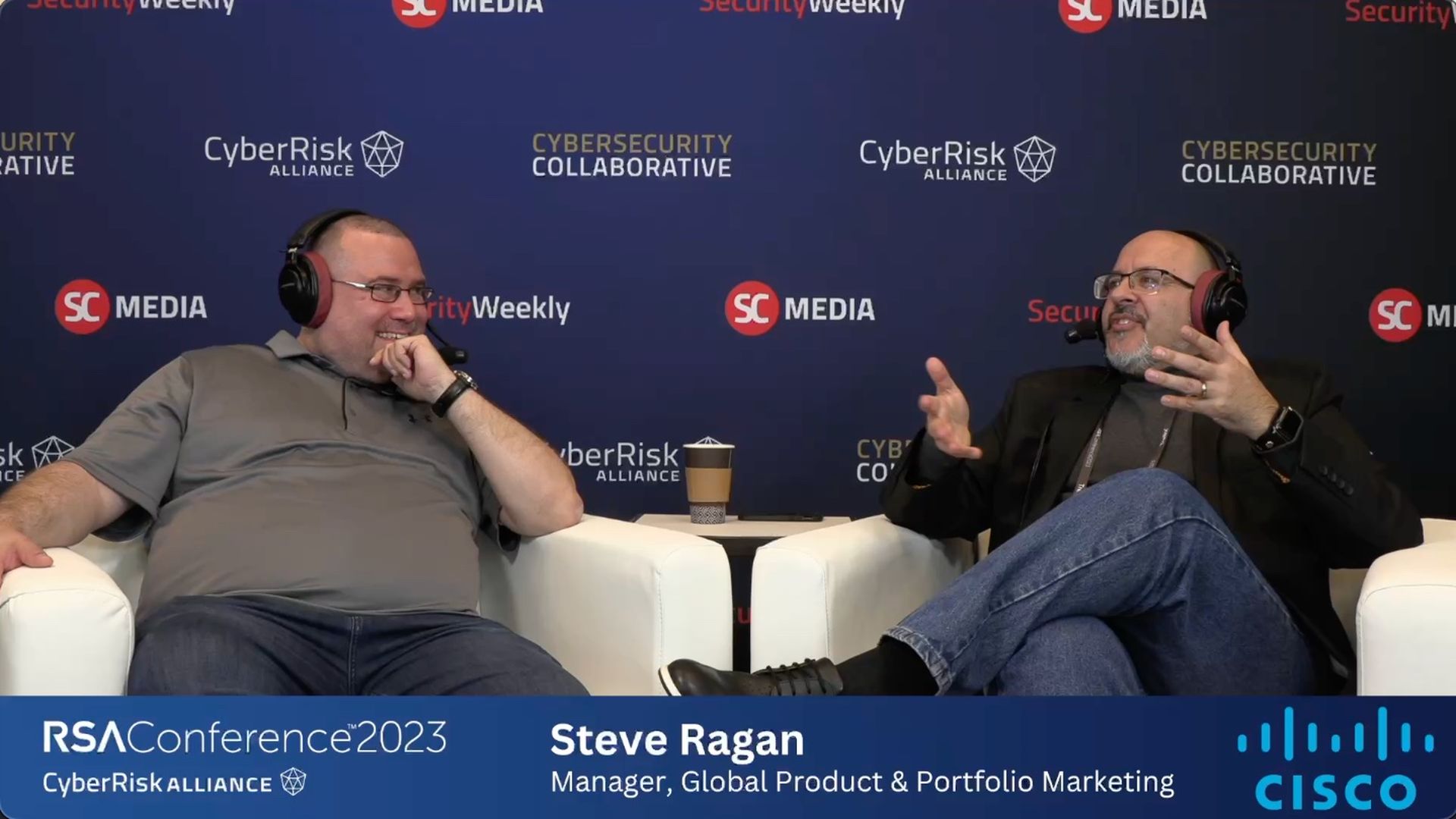While cruising America’s highways this summer, keep your eyes peeled for “The Wavelength” — a 40-foot-long recreational vehicle that’s playing host to a series of demonstrations centered around voice technology.
Behind the wheel of this “Soundproof Tour” mobile theater: anti-fraud and voice authentication company Pindrop. The first stop was the RSA Conference in San Francisco, and SC Media was there to hop inside and kick the tires of this exhibit, so to speak.
Parked near the LeRoy King Carousel next to the Moscone Center, the RV offered three interactive experiences. The first involved a voice analyzer that was programmed to ascertain the gender, language and approximate age of any speaker. The second let visitors test out a voice authentication API, and the third was an audio deepfake demonstration through which guests type out sentences and hear them read aloud by various celebrities and popular figures.
Organizations can leverage voice analysis and authentication tools to prevent acts of phone fraud — like when a malicious actor calls up a customer support number and falsely poses as the rightful owner of an account. The technology can also allow businesses to quickly recognize and authenticate customers’ voices and expedite them past additional time-consuming security verification processes.
On the flip side, deepfake technology represents a growing threat. As synthetic media creations become even more convincing, scammers could potentially use them imitate the voices of high-level business executives, tricking employees into transferring business funds into a criminal group’s bank account. Nation-states could also use audio deepfakes as part of disinformation campaigns to make it seem as if political leaders and other prominent figures made statements or speeches that in fact never took place.



